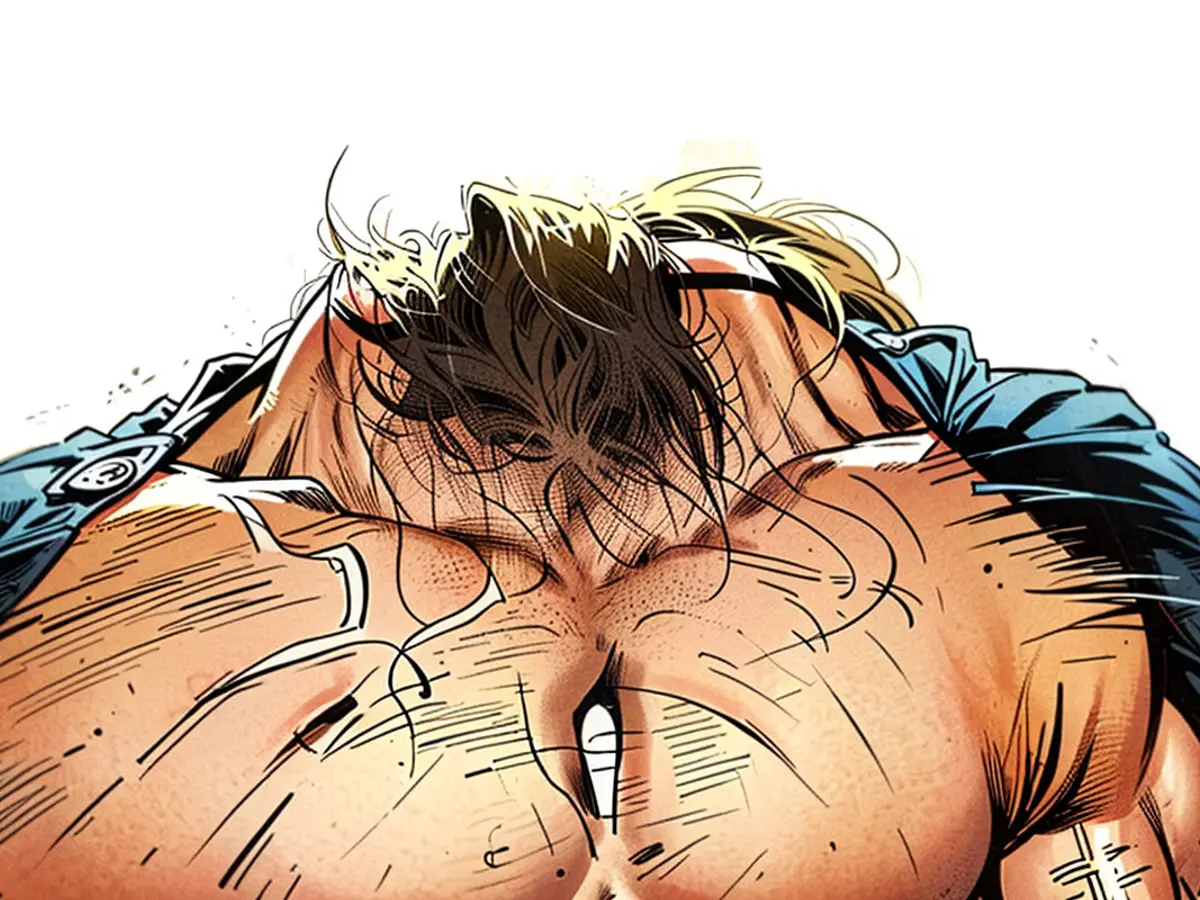Zuckergel lets hair grow again strongly
Hair loss is a significant burden for many people. Up to 50% of all men are affected. So far, there have been few effective remedies for this. But this could change soon.
A specific sugar gel could potentially solve the problem of genetically-induced hair loss. Researchers from the University of Sheffield and COMSATS University in Pakistan discovered this accidentally during their research into wound healing. This sugar is called Desoxyribose, a naturally occurring sugar in the body that also helps in the formation of DNA.
During the investigation of the wound healing effect of this sugar, the researchers noticed that in mice treated with it, the hair around the wounds grew back much faster than in untreated mice. Their curiosity piqued, they decided to conduct further research on hair growth. They tested the sugar gel on male mice with testosterone-induced hair loss in the lab.
They shaved the fur from the backs of the animals and applied a small dose of the sugar gel daily to the bald spot for three weeks. They observed that at this spot, the hair grew back strongly. "Our research suggests that this solution for hair loss could be as simple as using a naturally occurring Desoxyribose sugar to increase the blood supply to hair follicles and promote hair growth," says Sheila MacNeil in a statement from the University of Sheffield.
Unclear mechanism of action
Although the researchers cannot yet describe with certainty how this sugar contributes to hair growth, there are explanations. The team found an increase in general blood vessels and skin cells at the site where the mice were treated with the sugar. They conclude, "The better the blood supply to the hair follicles, the larger their diameter and the stronger the hair growth."
The Desoxyribose gel is also as effective as over-the-counter Minoxidil, a local hair loss treatment commonly known by the brand names Rogaine or Regaine. It promotes hair growth by 80-90%. To learn more about the effect of the substance, they also tested the combination of both active ingredients on mice in the lab. However, a mix of both preparations made no difference in hair growth.
Affects both men and women
Androgenetic alopecia, or androgenic alopecia, is the technical term for genetically-induced hair loss in the scientific community. The genetically-determined predisposition to hair loss is caused by an oversensitivity of hair roots to male sex hormones. Androgenetic alopecia can affect both women and men. It accounts for about 95% of all hair loss cases. In people over 70 years old, about 80% of men and more than 40% of women are affected.
The development of a biologically degradable, non-toxic Gel made from Deoxyribose could represent the foundation for an affordable and effective therapy for sufferers of genetically-induced hair loss. Additionally, it is conceivable that this could also stimulate and accelerate hair, eyelash, and eyebrow growth following chemotherapy. However, "our studies are still in a very early stage, but the results are promising and justify further investigations," summarizes MacNeil. The results of the study were published in the scientific journal "Frontiers in Pharmacology".
This discovery of Desoxyribose’s hair growth properties could potentially revolutionize the education on hair loss treatments, as it's a naturally occurring substance found in DNA. Furthermore, the efficacy of this DNA-related sugar gel is comparable to Minoxidil, a commonly used over-the-counter hair loss treatment, suggesting that it may be particularly beneficial for men who suffer from androgenetic alopecia, a form of hair loss caused by hormonal imbalances.







